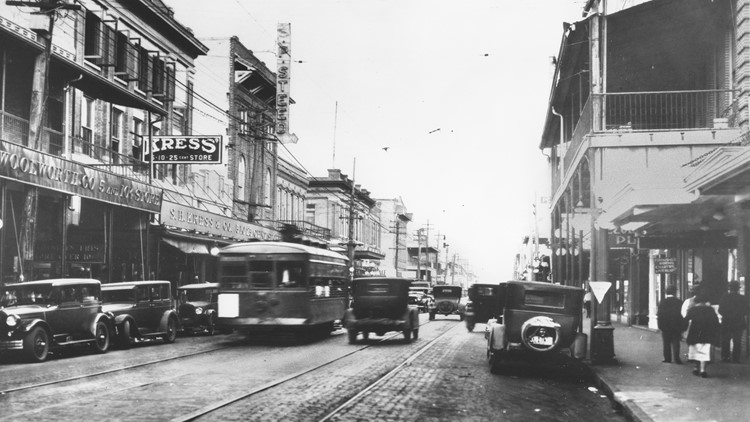TAMPA, Fla. - A historic mafia bar in Ybor city will soon become commercial space.
The building on 15th Street was an illegal casino more than 100 years ago.
It was destroyed by fire in 1988. Last week, it was decided that it will become a community asset.
But the area currently known for tourists, clubs and cigars was once home to Tampa's organized crime.
The 'Anglos' were first
Dating back to the early 1900s, Ybor City was a thriving part of Tampa.
Thousands of immigrants worked long hours in factories to get a piece of the American dream.

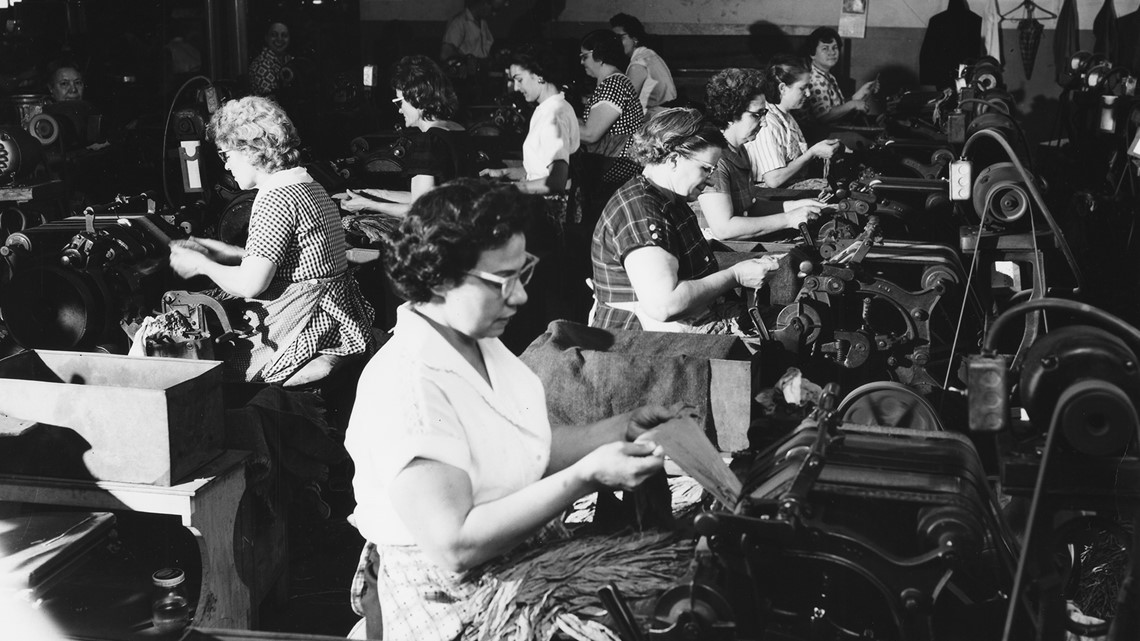
"Anglos" ran organized crime during that time.
They were led by Charlie Wall.
"He was the kingpin of all of the organized crime going on," said Rodney Kite-Powell with the Tampa History Museum. "Prohibition made all these things grow.”
Wall had his hands in everything, including bootleg liquor, prostitution and gambling - especially Bolita, a type of lottery popular back then in the area.

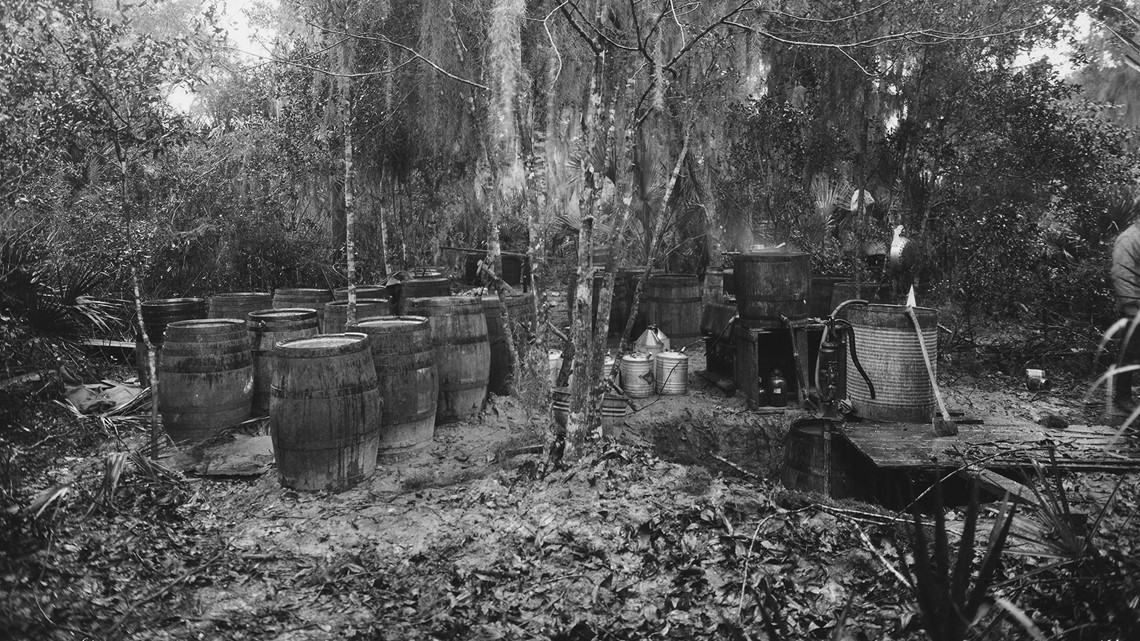
Wall controlled ll the Bolita houses - until the Italians moved in.
Things didn't end well for him.
He was found dead inside his home.
His head was beaten in and his throat was slashed.
Then there were the Italians
The Italians wanted a piece of the action in Ybor City and they weren't afraid to shed blood to get it, which led to the rise of Tampa's first mob boss - Ignacio Italiano.
Italiano wasn't alone, said mafia historian Scott Deitche.
An iconic Bolita house known as "The Yellow House" was run by reputed mobster Augustine Primo Lazzara.

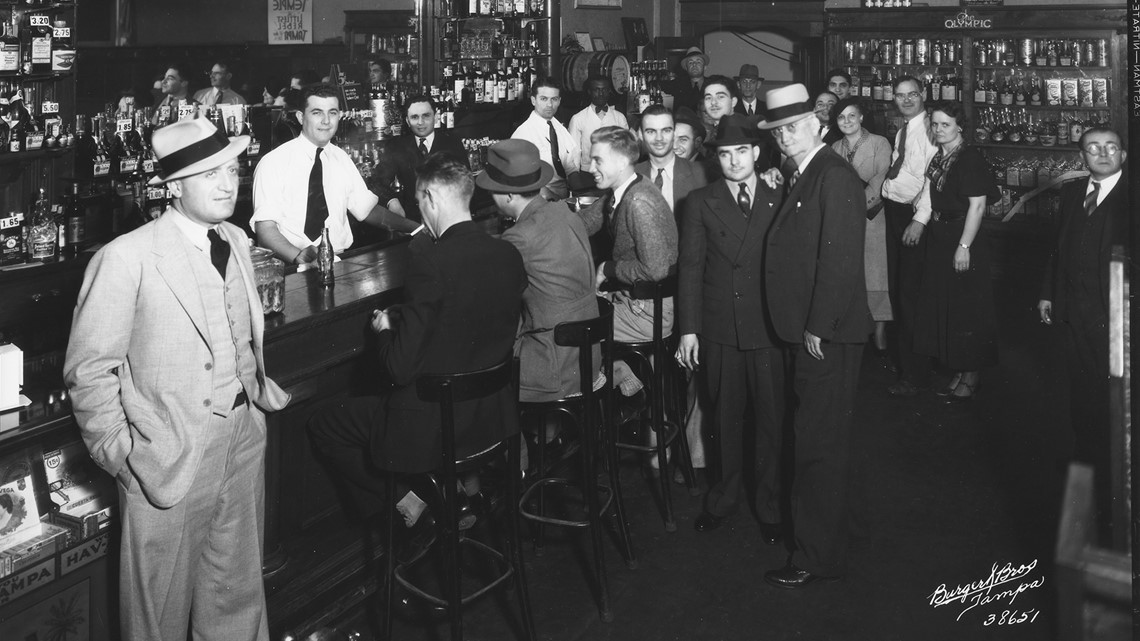
"He was considered by local, state and federal law enforcement as one of the top organized crime figures in Tampa," said Deitche, author of "Cigar City Mafia" who also researched mob figures across the country.
And there were others.
“Tampa had its share of heavy hitters," Deitche said. “Most of the major mob figures, Trafficante, Longo, Ferche, were in and out of the place all day long.”
And they all fought over territory as Bolita was big business in Ybor City.
Murders were a daily occurrence in the area.
Mob influence grows
Mob activity extended into political corruption during the 1950s, Diteche said.
“There was a level of corruption to the sheriff, police, judiciary and the political structure of the city,” he said.
Cigar City Magazine obtained a list of alleged payoffs to police officers, politicians and judges - complete with names and payment amounts.
But not all mob activity was bad.
“Santos Trafficante donated a lot of money to a lot of people, he helped pay bills money for food,” said Lisa Figuero, publisher of Cigar City Magazine.

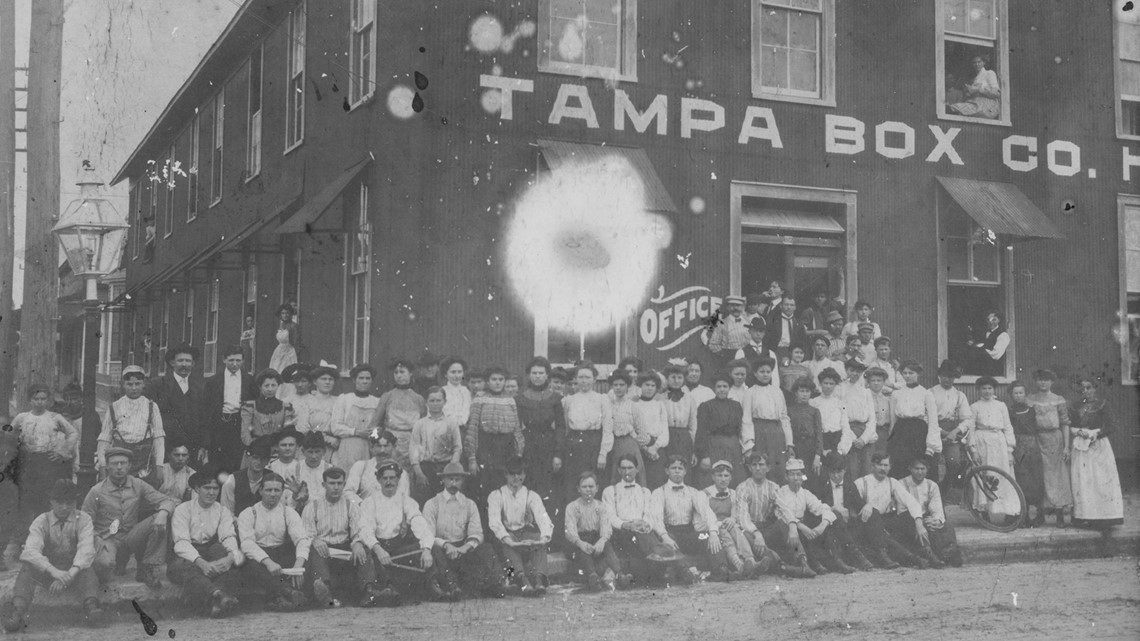
Present day Ybor City is a lot calmer. The only fighting often seen in the streets is between roosters looking to protect their territory.
►Make it easy to keep up to date with more stories like this. Download the 10 News app now.
Have a news tip? Email tips@wtsp.com, visit our Facebook page or Twitter feed.


